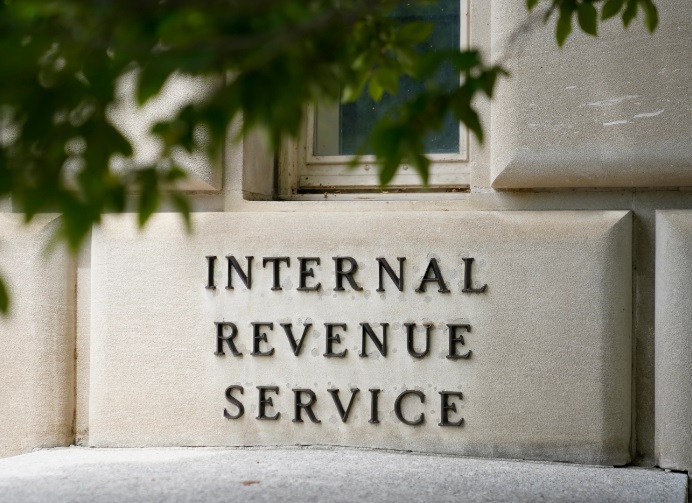
The Internal Revenue Service (IRS) has announced the collection of over $500 million from wealthy tax dodgers, attributing the success to a funding boost. (Photo: ABC News)
IRS Enforcement Efforts Yield $500 Million; Republican Budget Cuts Jeopardize Future Success
In a significant victory for tax enforcement, the Internal Revenue Service (IRS) has announced the collection of over $500 million from wealthy tax dodgers, attributing the success to a funding boost. Approximately 1.4 million affluent Americans owe nearly $66 billion in federal taxes for the years 2017 through 2020, with the top 2,000 nonfilers collectively owing $923 million. However, the IRS’s triumph is under threat as Republican lawmakers endeavor to slash the agency’s budget, potentially impeding future efforts to tackle tax evasion effectively.
The IRS revealed that it has harnessed a budget increase sanctioned under the Inflation Reduction Act to intensify enforcement endeavors, focusing on millionaires with substantial unpaid taxes. The influx of $520 million through these new initiatives underscores the efficacy of a fully funded IRS in combating tax evasion. Rep. Gerry Connolly (D-Va.) chastised the attempt by the congressional GOP to truncate the agency’s budget, emphasizing the recklessness of such actions.
The congressional GOP’s push to expedite $20 billion in IRS cuts, constituting a quarter of the $80 billion funding boost in the Inflation Reduction Act, poses a direct threat to tax enforcement. Under the latest spending tentative agreement, the $20 billion in cuts would be frontloaded to 2024, with additional plans to reduce the tax agency’s 2025 funding by $10 billion. Democratic leaders have faced criticism from progressive advocacy groups for acceding to the GOP’s demands, with assertions that appeasing Republican extremists with IRS cuts is fiscally and morally irresponsible.
READ ALSO: New Jersey Healthcare Worker’s Savings Frozen By Citibank Prompts Seven-Month Struggle For Access
Despite the challenges, the IRS’s recent success in recovering $500 million from wealthy tax dodgers aptly demonstrates the necessity of adequately funding the agency. The ongoing tussle over IRS funding between congressional Republicans and Democrats underscores the critical role of tax enforcement in ensuring financial fairness and the potential repercussions of underfunding such vital endeavors.
As the debate unfolds in Congress, the future of IRS funding and the agency’s ability to pursue tax evaders hang in the balance, with implications for the broader fight against tax fraud and evasion.
READ ALSO: IRS Offers Leniency For Unpaid Crypto Taxes

















































